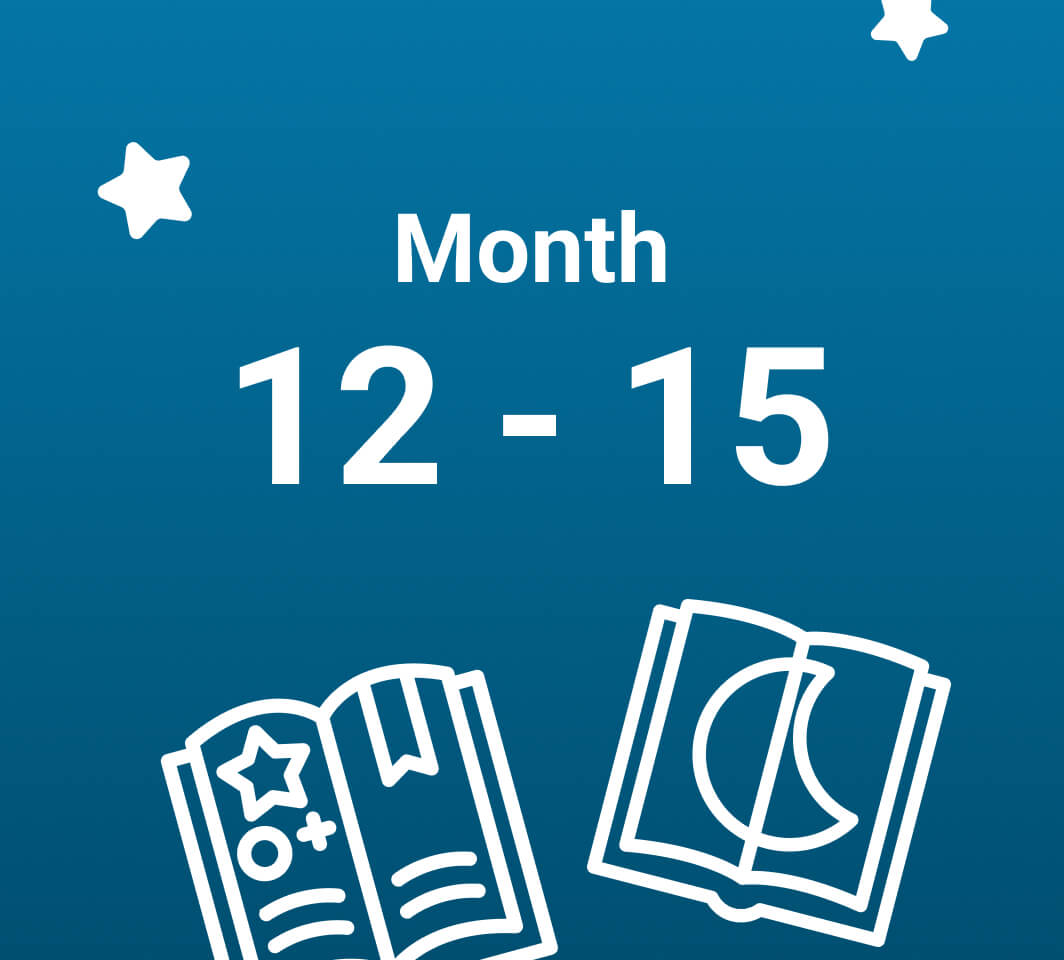Once your toddler is able to stand, he will soon take his first few steps unaided. Toddlers are curious about their surroundings. It will not be long before your toddler starts exploring by climbing the stairs and furniture as his walking improves.
Staying physically active through standing, walking or even running helps your toddler strengthen his muscles. Exploring together with your toddler will boost his self-confidence and make him feel secure. Even if your toddler does not start walking at 12 to 15 months, do not fret. It is normal for some toddlers to start walking when they reach 15 to 18 months.
Besides walking, your toddler may engage in play like stacking blocks before proceeding to knock them down or scribbling with crayons and markers. With improved motor skills, your toddler may start to pick up small objects standing up without falling over. In addition, he is slowly showing more independence by being able to drink from a cup albeit doing so messily or trying to dress himself up.


